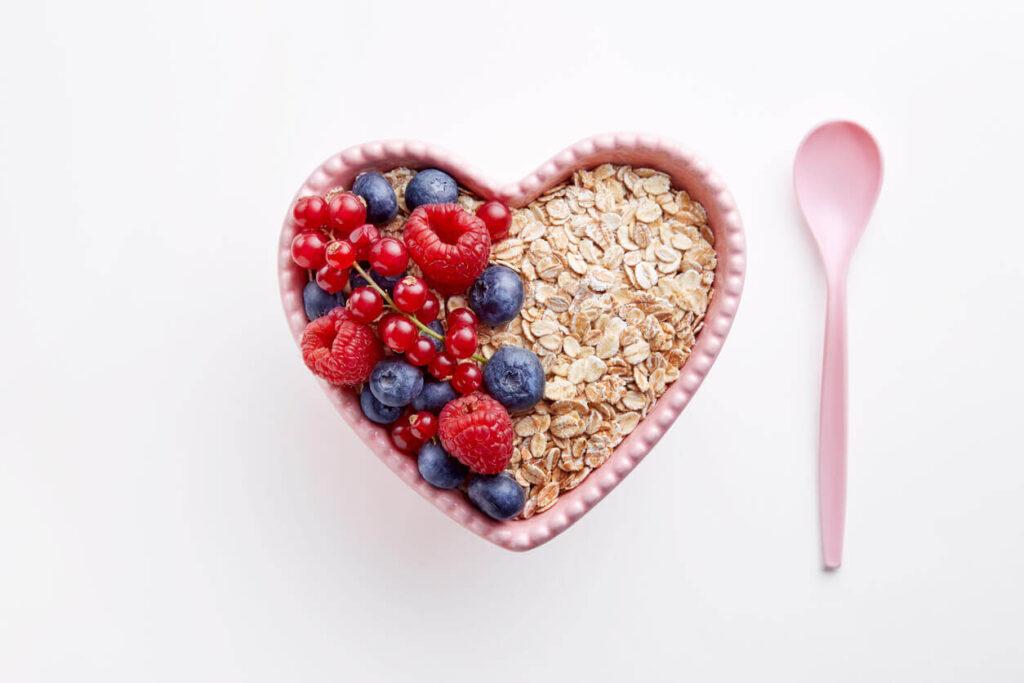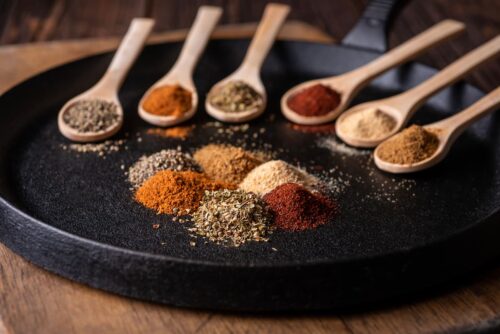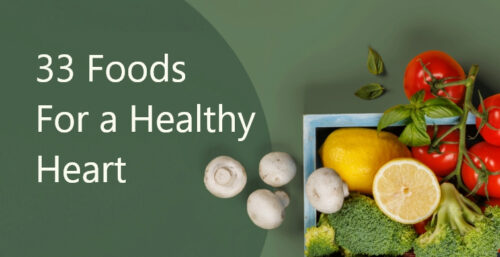Can Oatmeal Reverse Heart Disease? 4 Benefits of This Superfood

Oatmeal can be a delicious part of a balanced breakfast or as an ingredient in a larger meal. Tastiness is a great reason to grab oatmeal at the grocery store, but did you know that oatmeal can reverse heart disease?
4 Benefits of Oatmeal
So, why is oatmeal considered such a superfood? What are the benefits of oatmeal? Here are four of its benefits.
1. Oatmeal Is Full of Fiber
Oatmeal contains a soluble fiber called beta-glucan, which is excellent for:
- Feeling full after eating
- Lowering cholesterol
- Preventing constipation
- Promoting a healthy gut
Only 7% of Americans get the recommended daily amount of fiber. Getting more fiber into your diet is easier by adding fiber-packed oatmeal to your meal rotation.
2. Oatmeal Is Packed with Nutrients
In addition to all that filling fiber, oatmeal is an excellent source of the following nutrients:
- Magnesium: Helps over 300 enzymes initiate vital chemical reactions throughout the body
- Phosphorus: Regulates nerve and muscle function and manages blood pH levels
- Thiamin (Vitamin B): Assists various cells to grow and function properly
- Zinc: Involved with tasting and smell but particularly important during periods of growth like adolescence and pregnancy
3. Oatmeal Can Help Improve Blood Sugar
Oats, especially minimally processed ones, take the body a long time to digest, so your blood sugar doesn’t increase as sharply after eating, as it does with most foods. In fact, as long as you don’t choose the instant oatmeal packets that are usually full of added sugar, you won’t see a major blood sugar spike.
4. Oatmeal Can Help with Weight Loss
This one is a culmination of the other benefits on our list. The fiber in oatmeal helps you feel full faster and longer, which can help you eat fewer calories overall. In other words, oatmeal may make you feel full and satisfied after your meal.
Oatmeal and the Heart
Eating oatmeal has many benefits, but we’re here to focus on its relationship to heart disease.
Removing plaque in the arteries is absolutely essential for heart health, and research suggests that oat compounds called avenanthramides can reduce the tendency of blood cells to stick to artery walls, keeping the path clear. Artery blockage leads to serious health complications, including increased heart attack or stroke risks.
Studies show that oatmeal can reduce both total and bad cholesterol—which is crucial because cholesterol clogs arteries, contributing to heart disease.
Fiber content and the other benefits we’ve explored also affect your heart health. A lower BMI puts less strain on your heart, and many of the nutrients we’ve highlighted indirectly support the cardiovascular system with their impact on blood and cells.
Ultimately, whenever you reach for oatmeal, you decide to support your heart instead of choosing a food that will damage it.
Learn more about the diet-based causes of heart disease in this video by Dr. Kim Allan Williams.
How to Add Oatmeal to a Heart-Healthy Diet
If you’re new to cooking with oatmeal, you might be surprised by all the options you see at the grocery store. The most common types of oatmeal include:
- Steel-cut oats: These are minimally processed oats that are cut with a steel blade. They have a bit more of a chew.
- Rolled oats: Raw oat groats are steamed and then flattened with a roller. These are versatile oats that are appropriate for most uses.
- Quick-cooking oats: Also known as quick oats, these are rolled oats that have been further processed for faster cooking times. They make for creamy oatmeal and tasty cookies.
Oatmeal Recipes
This is the fun part—adding more oatmeal to your diet. Try each of these delicious recipes.
- Peach oatmeal crisp: This may look like a dessert, but the ingredients are so good for you, we think you can get away with peach oatmeal crisp for breakfast, lunch, or dinner.
- Vegan banana oat pancakes: Is it possible to improve upon the pancake? Try this classic breakfast option with heart-healthy oats—and maybe throw in a handful or two of blueberries.
- Vegan savory oatmeal: Savory oatmeal for dinner? Yes, please! This bowl adds so many of your favorite veggies—including zucchini and black beans—for a flavorful meal you’ll want to repeat.
Looking to add more healthy meals beyond oatmeal? Check out all of Dr. McDougall’s plant-based recipes.
Treat Your Heart Better Through a Healthier Diet
Heart disease can seem terrifying, but there are treatments available. Ultimately, a low-fat, no-cholesterol diet is the greatest gift you can give your heart.
Start by giving your body the necessary nutrients to take care of itself. Discover how a change in your diet with Dr. McDougall can make all the difference.
Recommended Articles

How to Cook Potatoes

Are There Any Spices to Avoid with Diabetes?







